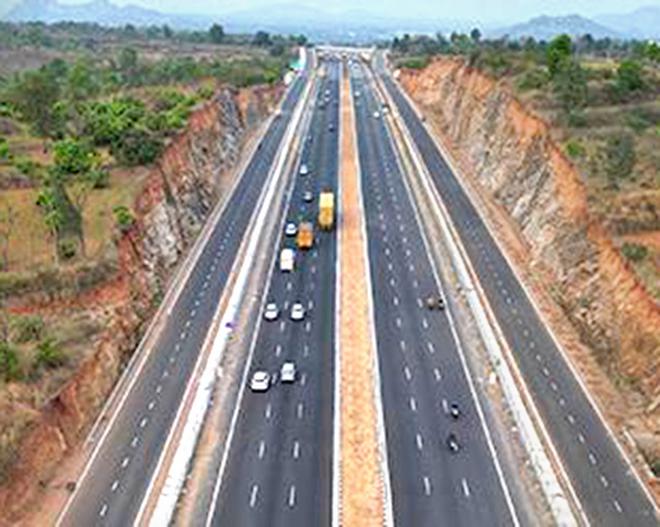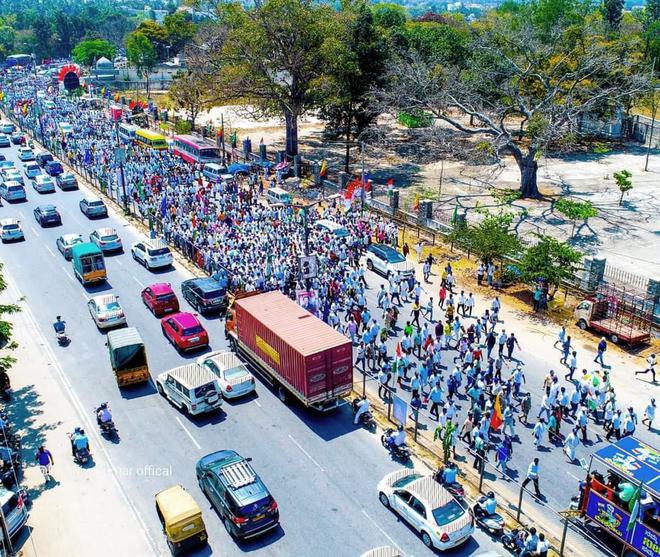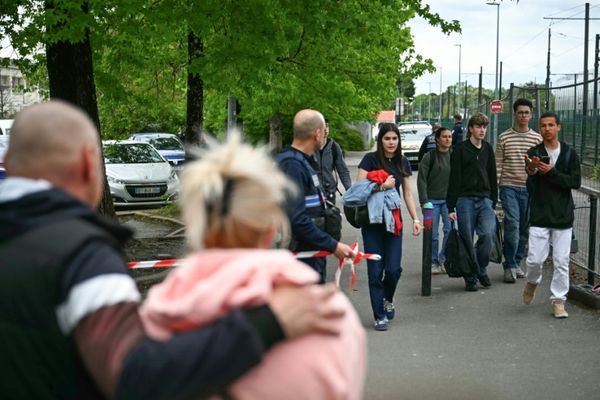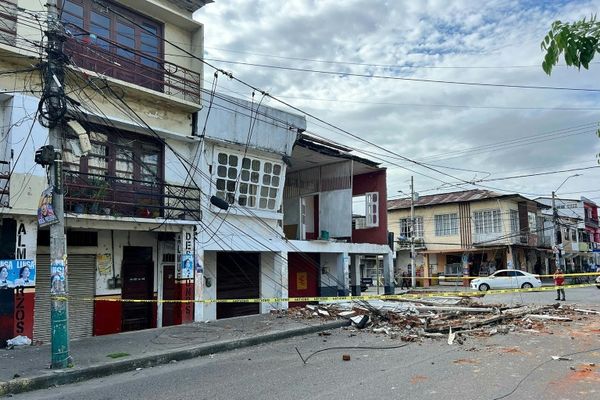As Karnataka heads into the Assembly elections, the reaction in the Vokkaliga heartland to the outreach by political parties is being keenly watched amid a turmoil of sorts in the Mumbai-Karnataka region where the BJP seems to be on the edge with its traditional Lingayat vote base.
In the run-up to the elections on May 10, a large part of the political action in Karnataka was consumed by the layered narratives to woo the Vokkaligas, the dominant land-owning community in the Old Mysore region where the Janata Dal (Secular) and its traditional rival Congress rule the roost. The saffron party’s multiple attempts to make inroads into the politically aware Vokkaliga districts has, so far, not met with significant success.
In 2018, of the 59 seats in 9 Vokkaliga-dominated districts (excluding Bengaluru city) of the Old Mysore region, the JD(S) won 28 while BJP won 11 and Congress 20 seats.
Urigowda-Nanjegowda narrative
The biggest setback was when the BJP peddled the Urigowda-Nanjegowda narrative to portray ‘brave Vokkaligas’ as the ‘killers of Tipu Sultan’ without any historical evidence to support the claim, drawing sharp reactions from Vokkaliga leaders H.D. Kumaraswamy and D.K. Shivakumar. BJP leaders were later silenced by a Vokkaliga seer, embarrassing the party.
The BJP seems to have faltered in the Amul-KMF controversy too, as its leaders were found justifying the entry of Amul into Bengaluru upsetting regional sentiments, as the local electorate is dependent on the dairy industry.
Before these two controversies, the BJP had actively wooed the community over the last two years by putting the name of Kuvempu on Shivamogga airport, unveiling an 108-foot statue of Kempegowda at Bengaluru airport, and setting up Kempegowda Development Authority.

While the BJP government took credit for the six-lane Bengaluru–Mysuru expressway cutting through Ramanagara and Mandya districts, it also enhanced reservation under OBC quota for Vokkaligas even before they could hit the streets with the demand. Race Course Road was named after popular actor late Ambarish, also a Vokkaliga.
However, political observers believe that all these optics could be nullified by the failure in its Urigowda-Nanjegowda narrative and the Amul controversy.
At the same time, the Congress, with D.K. Shivakumar at its helm, is leaving no stone unturned to woo the Vokkaliga electorate. On multiple occasions, he has sought support from the community, citing an opportunity for a Vokkaliga to become the chief minister. He is banking on the Congress being voted with good numbers to stake claim for leadership.
Real issues of irrigation, agriculture
In a region where irrigation and agriculture dominate political conversations, the Mekedatu padayatra led by Mr. Shivakumar demanding implementation of the drinking water scheme in early 2022 attracted thousands of people from these districts.

Soon after, to highlight irrigation issues, the JD(S) came up with its Janata Jaladhare, which culminated in a mammoth rally on Bengaluru’s outskirts. Under pressure to safeguard its traditional Vokkaliga vote bank, the JD(S) — first off the block — had organised a ‘Panchratna Yatra’, which drew a huge response across Old Mysuru region, offering hope to the regional outfit.
Possible losses and gains
In 2018, the JD(S) is believed to have harvested the perceived anti-Siddaramaiah sentiment, especially in Hassan, Mandya and Ramanagara districts
But, without any visible sign of a Vokkaliga consolidation, it is believed that the JD(S) may not be able to repeat its impressive run of 2018. Notably, the party’s performance in other districts with significant Vokkaliga presence — Tumakuru, Kolar, Chikkaballapur and Chamarajanagar — was far from satisfactory.
A resurgent Congress seems to be mounting a serious challenge in some of the seats in Mysuru and Mandya districts, though local factors could decide the fate of candidates. This election could also indicate how much influence Shivakumar wields in the Vokkaliga community.







